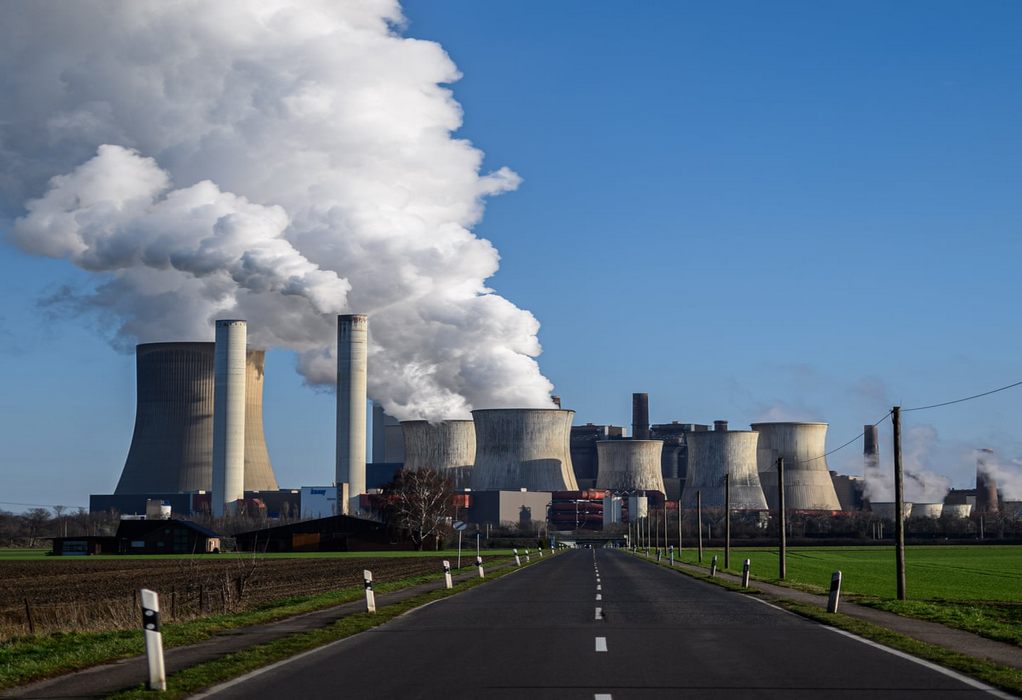Climate think tank E3G has found that the delivery of G7 net zero power targets is at risk, with the UK needing to address various aspects of its transition, particularly in renewable energy share and gas dependency.
The organisation’s G7 Power Systems Scorecard analyses the progress being made by G7 countries towards a decarbonised power sector, which the nations committed to doing by 2035.
According to the Scorecard, all G7 nations are making progress in decarbonising their power sectors. However, significant steps have been taken by all G7 nations except Japan, and there are major delivery risks, particularly due to gas dependencies across all nations. In the ranking system, the UK sits fourth, behind France, Canada and Germany.
France is at the top of the ranking due to its clean power mix and strong policies promoting system flexibility, energy efficiency, and achieving net zero power. However, there are significant obstacles to renewable energy deployment, including the focus on its ageing nuclear fleet as well as permitting delays.
Canada, Germany, the UK, the US, and Italy are ranked behind due to their high reliance on fossil fuels and inadequate policies. According to E3G, the US lacks cohesive grid modernisation plans and market mechanisms to rapidly increase renewables, despite having incentives from the Inflation Reduction Act.
Italy’s heavy dependence on fossil fuels and lack of strategic actions for storage and flexibility are also major concerns.
Japan is “significantly behind its peers as it lacks plans to phase out coal or gas and has relatively modest renewable energy targets”, E3G said. The organisation also stated that the country’s energy transition strategy is different from other G7 countries, as it primarily focuses on fossil-based technologies, which could hinder both domestic and regional decarbonisation efforts.
Tags: G7 Countires, NetZero, Power Sector



Recent Posts
Japan Launches Major R&D Project to Advance Shipbuilding with Alternative Fuels
EU Adopts Emissions Standards for Low Carbon Hydrogen to Bolster Clean Energy Market
Trafigura to Implement ZeroNorth’s AI Platform Across Global Fleet
Cochin Shipyard to Construct eCap Marine’s Hydrogen-Fuelled SeaShuttles for Samskip
India Strengthens Hydrogen Economy with Hyundai-IIT Madras Innovation Centre
India Showcases Green Maritime Ambitions at London Investment Meet
Hong Kong Launches Incentive Scheme to Promote Green Maritime Fuel Bunkering
MSC Hosts Sustainability Experience in Antwerp for Global Supply Chain Leaders